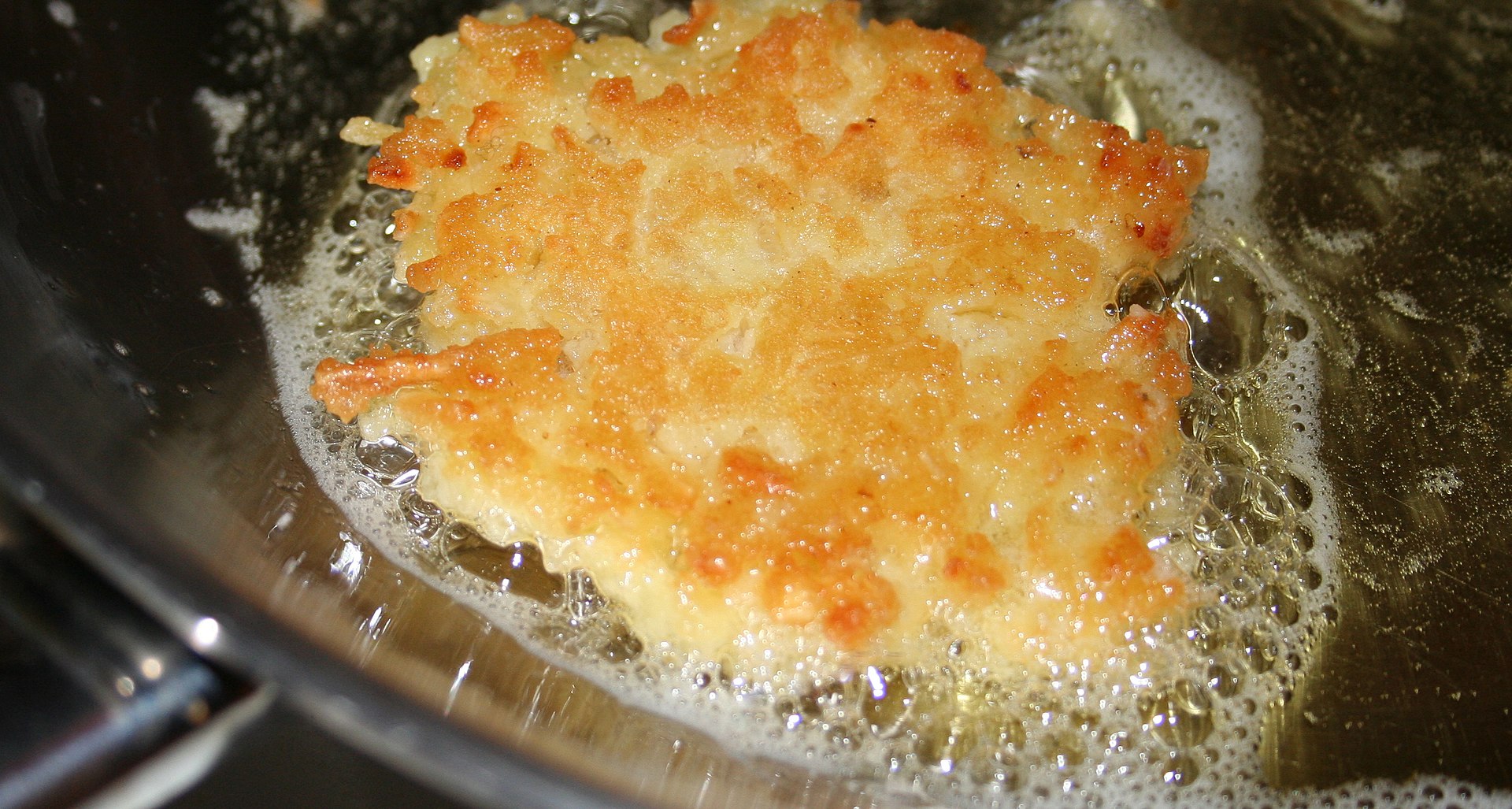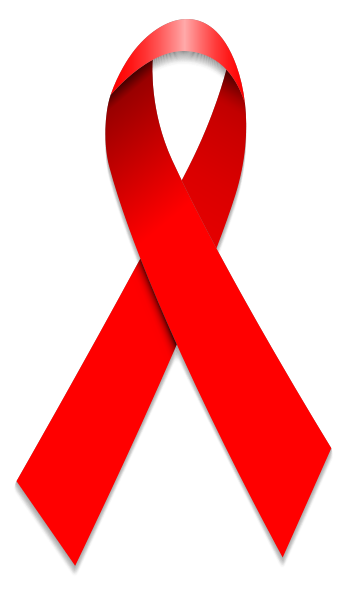 |
| A latke cooking. You know you want it. Image from Wikimedia |
Over the week of Thanksgiving I doubled down on my blogging and brought you a new turkey day tip, trick, or recipe each day. For Christmas next week I am going to do the opposite. I'll be taking the week off. Or maybe I won't. I'll be spending most of the week with my in-laws, so I make no promises regarding new blog posts or a lack thereof.
As for today, did you know that this week is Hanukkah? It started on sundown on the 16th this year, so right now (Friday afternoon) it's day 3 of 8. A version of today's latke recipe is part of every Jewish families' recipe box; it is as much a part of Hanukkah as pumpkin pie is a part of Thanksgiving. But really, latkes should be a part of every families' recipe box. They are delicious! Maybe a little fussy, but no worse than french toast or pancakes. A lazy weekend morning kind of breakfast, especially now that it's cold out.







